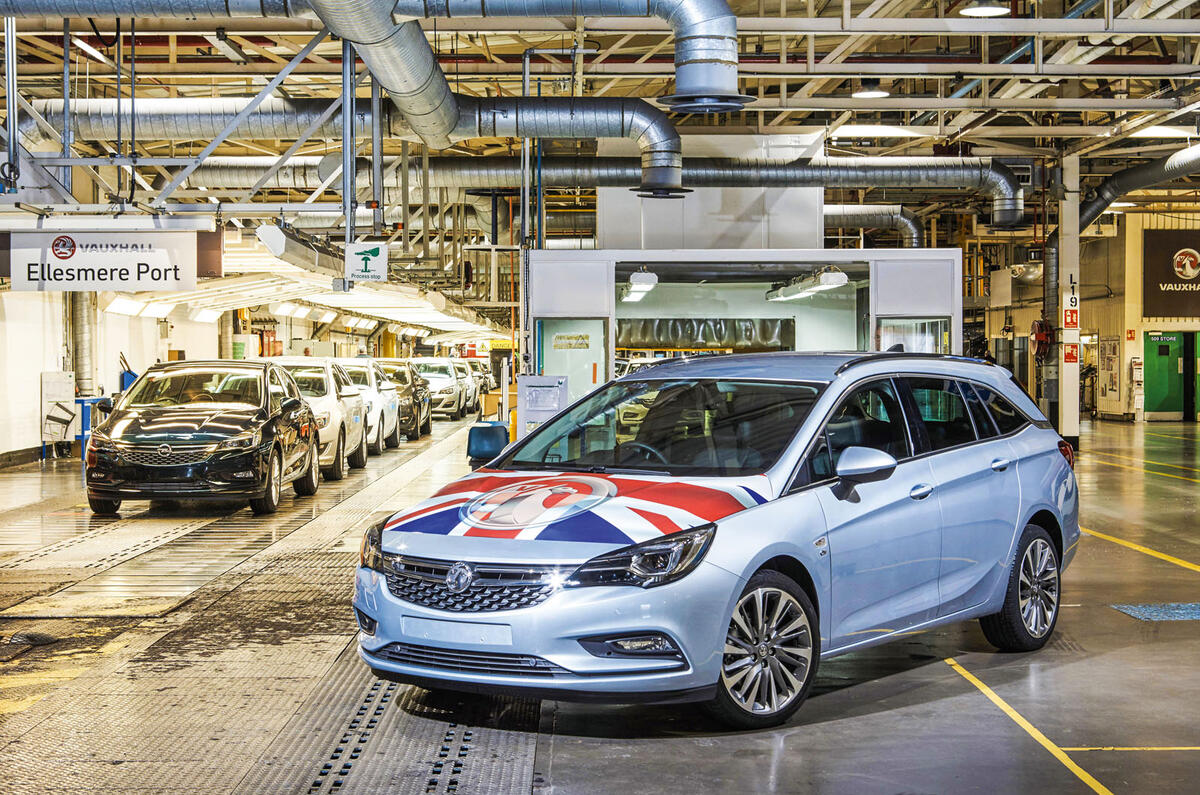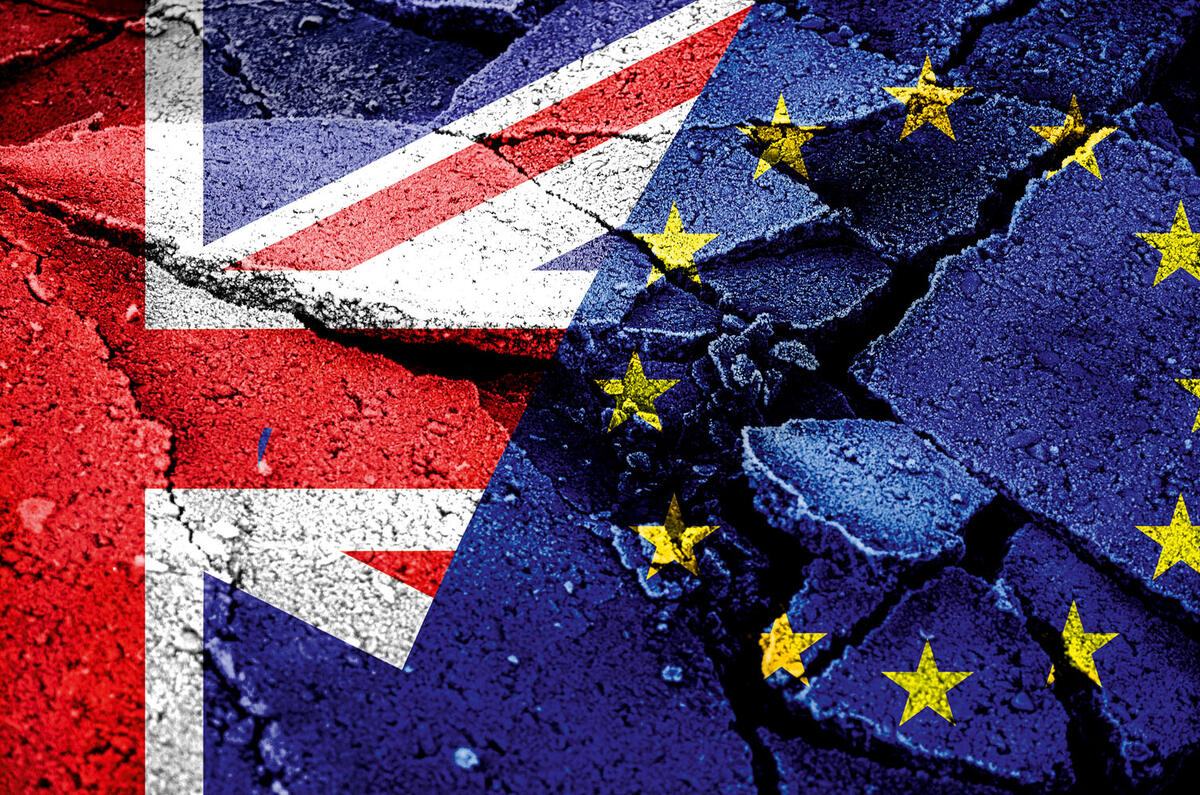Having dominated the news agenda for the past five years, talk of Brexit practically disappeared in the wake of the coronavirus outbreak.
The UK’s position remains that it will not extend its transitional period with the EU beyond the end of this year, and the automotive industry’s position remains that anything but a free trade deal between the UK and the EU would have catastrophic consequences for the industry here. From 2021, cars coming in from abroad will be subject to a 10% import tariff if the UK and EU fail to strike a deal. Some 81% of all cars built in the UK last year were exported, with the EU taking almost 55% of that total, at 576,000 cars.
So for now Brexit remains in its seemingly never-ending holding pattern, although Felipe Muñoz, Jato Dynamics’ global analyst, doesn’t expect the pandemic to affect its likely outcome to the UK’s automotive industry. “The economy has already absorbed most of the risks derived from Brexit,” he says. “All the decisions that were due to be taken due to Brexit were already taken, and this crisis won’t change them.”
What the pandemic does threaten to do, however, is make the financial position of some car makers even worse and undo any progress made in recovering. “A no-deal Brexit at the end of 2020 risks undoing efforts to get the auto industry back on track,” says Eric-Mark Huitema, director-general of the European Automobile Manufacturers Association (ACEA).
Jaguar Land Rover, for example, has said it would cost it £500m a year in tariffs on vehicle exports alone, and the ACEA notes that as the UK produces so few electric motors and batteries, EVs become particularly susceptible to high tariffs, given how large a proportion the battery is of a car’s overall cost.
New trade deals with countries outside the EU are unlikely to be ready by 2021, either, and the UK may find the terms will be different to before the crisis, as countries may have been spooked by how exposed they are to global supply chains and have more pressing domestic problems to solve first.
Muñoz says: “The problem for Britain is that other potential commercial partners, like the US, are now heading to recession, so Britain will have more difficulties substituting trade with the EU.”
READ MORE
Covid-19 and the British car industry
Coronavirus: What motorists need to know
Autocar and Covid-19: a word from the editor
How to buy a car during a pandemic







Add your comment